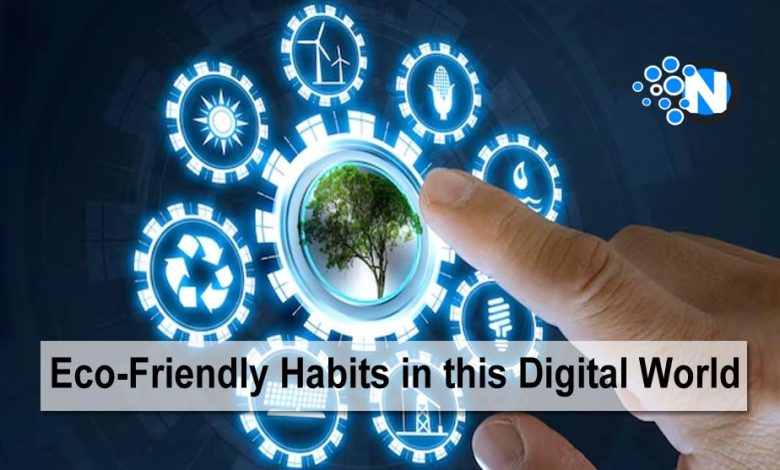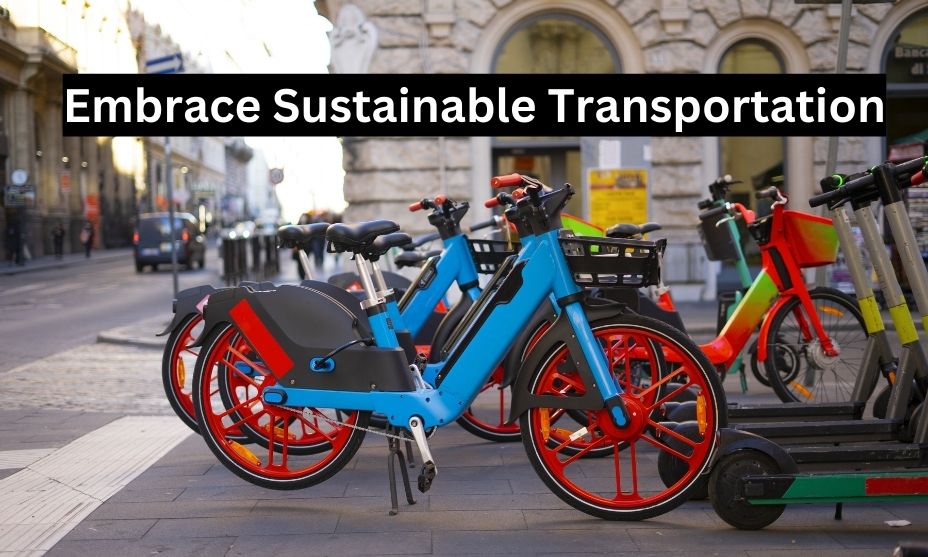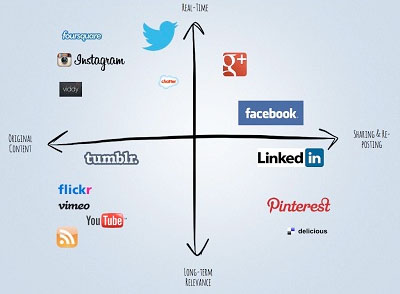Eco-Friendly Habits Everyone Should Develop in this Digital World

In this age of heightened environmental urgency, going green has shifted from option to obligation. Luckily, there are so many ways we can make a difference to the planet with our daily routines and choices. This blog post will discuss the best eco-friendly habits you can develop right now to make a difference.
Conserve Energy
Energy conservation is a cornerstone of eco-friendly living. By making subtle adjustments to your daily habits and home, you can make a substantial difference in your energy consumption and carbon footprint.
Turn It Off and Unplug: When you exit a room, make it a habit to turn off lights, electronics, and appliances. Surprisingly, even when in standby mode, many devices continue to consume energy. To simplify this task, consider incorporating smart plugs and power strips into your setup, allowing you to power down multiple devices with a single click.
Switch to Energy-Efficient Lighting: Change your traditional luminous bulbs for energy-efficient LEDs. LEDs are more energy-efficient and have a longer lifespan, reducing the frequency of bulb replacements and further conserving resources.
By considering these energy-conserving practices into everyday life, you save money and contribute significantly to a more sustainable future for our planet.
Choose Eco-Friendly Products
When shopping for everyday items, look for products that align with eco-friendly and sustainable principles. Your choices can encourage businesses to adopt more responsible practices.
Eco-Friendly Packaging: Pay attention to product packaging. Choose items with minimal or eco-friendly packaging, and consider purchasing in bulk to reduce packaging waste.
Support Sustainable Brands: Research and support companies prioritizing sustainability, ethical sourcing, and environmentally responsible manufacturing processes. By supporting these businesses, you contribute to a more sustainable market.
Reduce, Reuse, Recycle
The iconic three Rs—Reduce, Reuse, and Recycle—serve as the foundation of eco-friendly living. These principles are simple yet effective in conserving resources and minimizing waste.
Reduce: The first step towards reducing your environmental footprint is to consume less. Be mindful of your purchases, opt for products with minimal packaging, and buy only what you need. Consider investing in high-quality, durable items that last longer, reducing the need for frequent replacements.
Reuse: Reusing items is an excellent way to minimize waste. Before discarding something, think about whether it can serve another purpose or be refurbished. For instance, glass jars can become storage containers, old clothing can be upcycled, and furniture can be repurposed. Extending the lifespan of objects reduces the demand for new resources and decreases waste.
Recycle: According to CyberGhost, recycling e-waste — the world’s fastest-growing source of waste, has proven problematic, with the US recycling only 15% of the 6.92 million tons of electronics discarded in 2019. Recycling is necessary for diverting materials from landfills and conserving resources. Learn about the local recycling program, and sort and prepare recyclables properly. Everyday items to recycle include paper, cardboard, aluminium cans, and plastic bottles. Remember that not all plastics are recyclable, so check your local guidelines for specific instructions.
Embrace Sustainable Transportation

Transportation is a significant contributor to eco-friendly habits and greenhouse gas emissions. Adopting eco-friendly transportation options can help combat climate change and reduce your environmental impact.
Walk, Bike, Carpool, or Use Public Transit: Choose alternatives to driving alone whenever possible. Walking and cycling are not only eco-friendly but also promote personal health. Carpooling and using public transportation reduce the number of vehicles on the road, further decreasing emissions.
Electric Vehicles: If you want to buy a new car, consider an electric vehicle. EVs produce zero tailpipe emissions and are becoming more accessible as charging infrastructure expands.
Cut Down on Water Usage

Water conservation is essential for eco-friendly habits and preserving this finite resource. Small changes in your daily routine can make a big difference in reducing water waste.
Install Low-Flow Fixtures: Low-flow showerheads and toilets use less water without sacrificing performance. These fixtures can significantly reduce your water consumption.
Collect Rainwater: Set up a rain barrel to collect rainwater for outdoor use. This harvested water can be used for gardening and other non-potable purposes, conserving treated drinking water.
Support Sustainable Eating
Your dietary choices can have a profound impact on the environment. Making conscious decisions about what you eat can contribute to a more sustainable food system.
Choose Local and Organic Foods: Support local farmers and reduce the carbon footprint associated with long-distance transportation by choosing locally sourced, organic foods. Opt for organic options to encourage environmentally friendly farming practices.
Minimize Food Waste: Plan your meals, use leftovers creatively, and compost food scraps. Reducing food waste not only conserves resources but also saves you money.
Ditch Single-Use Plastics
Single-use plastics are a significant environmental concern, polluting oceans, harming wildlife, and contributing to microplastic contamination. Take steps to eliminate or reduce your use of these harmful materials.
Reusable Alternatives: Replace single-use plastic items with reusable alternatives. Carry a reusable water bottle, coffee cup, and shopping bag to reduce your reliance on disposable plastics.
Say No to Plastic Straws and Utensils: Refuse plastic straws and utensils when dining out. Consider carrying reusable stainless steel or bamboo utensils with you.
Choose Biodegradable and Compostable Products: If you can’t avoid single-use items, choose biodegradable or compostable options that break down more easily in the environment.
Practice Mindful Consumption
Mindful consumption involves considering the environmental impact of your purchases and making informed decisions.
Buy Durable and Repairable Items: Invest in high-quality, durable products that can be repaired rather than replaced. Repairing items instead of discarding them reduces waste and conserves resources.
Avoid Impulse Shopping: Before making a purchase, take a moment to evaluate whether you genuinely need the item. Impulse purchases often lead to unnecessary clutter and waste.
Educate Yourself and Others
Understanding the environmental issues and sharing your knowledge with friends, family, and your community is important in raising awareness and driving positive change.
Stay Updated: Keep up-to-date with current environmental news and research. Understanding the latest developments allows you to make informed decisions and advocate for change effectively.
Engage in Conversations: Discuss environmental topics with your friends and family. Encourage them to adopt eco-friendly habits and share your insights and knowledge to inspire positive change.




